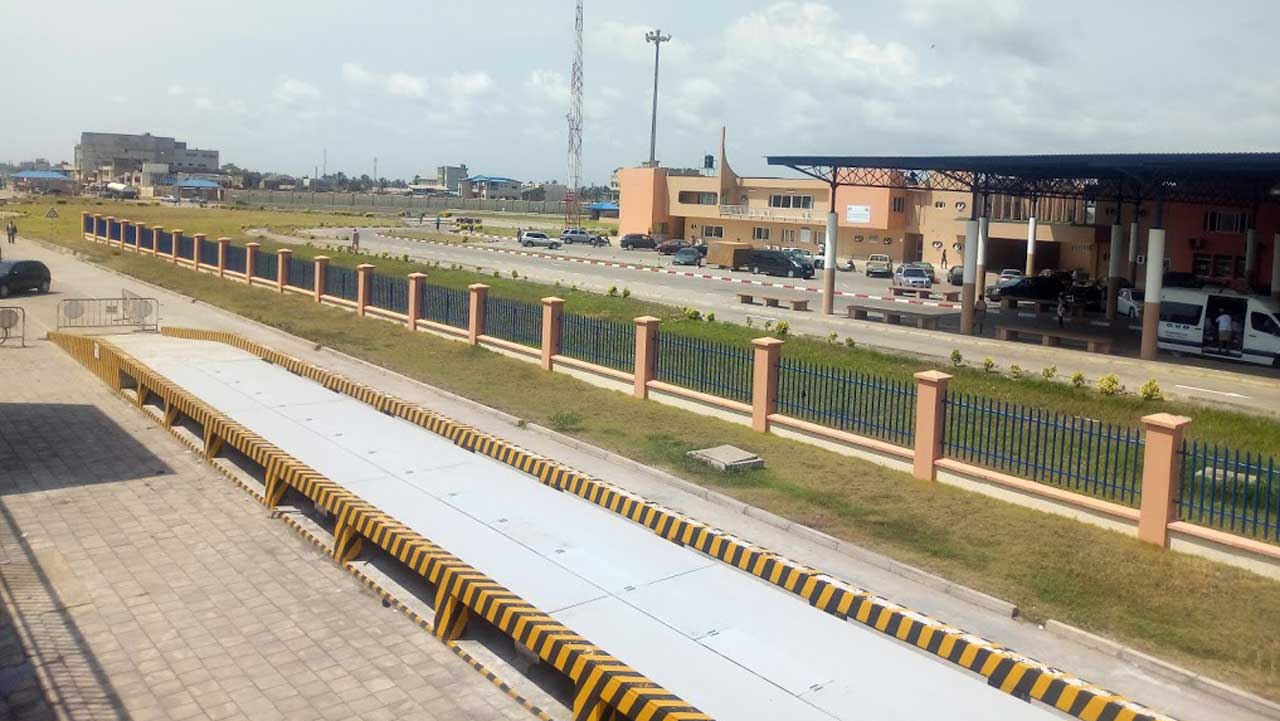Border Closure Not Permanent Policy- Osinbajo
Almost one year after Nigeria’s land borders were closed to trade activities, Vice President Yemi Osinbajo has said that the measures taken are not definite, as he assured the private sector of efforts to review the executive order.
President Muhammadu Buhari had, last year, ordered the closure of the land borders with Benin Republic and other neighbouring countries, to curtail smuggling activities and illicit trade.
While the closure was speculated to last 28 days, government did not give a definite date for the re-opening of the borders, as businesses had to subsequently move their goods through the seaports.
However, given the perennial congestion at Apapa wharf, the process has been a nightmare. Besides, the Organised Private Sector (OPS) has urged the Federal Government to revisit some of its policies to address various concerns limiting economic development.
During the 2020 Presidential Policy Dialogue of the Lagos Chamber of Commerce and Industry (LCCI), Osinbajo said the decision to close the borders was not absolute, adding that government was in talks with the OPS and other critical actors to see how the order could be reviewed.
According to Osinbajo, government’s stimulus plan is expected to assist sectors affected by the pandemic and citizens through various intervention schemes.
President of LCCI, Mrs. Toki Mabogunje, stated that the border closure had enormous implications for cross-border economic activities.
She asserted that the indefinite closure of land borders was not the solution to the problem, even as the chamber shared the concern of government on of security and economic sabotage.
Her words: “These are surely not the best of times for the Nigerian economy and our businesses as the effect of COVID-19 has been very profound. The short-term outlook of the key economic indicators is not looking bright. However, we are hopeful that we would turn the corner sooner than later.”
She described the Economic Sustainability Plan with a financial commitment of N2.3 trillion to support vulnerable sectors and create jobs as commendable.
The Minister of Industry, Trade and Investment, Adeniyi Adebayo, identified the private sector as the fulcrum of the ease of doing business, adding that the Federal Government was committed to more engagement between reform-implementing organs of government and private sector players.
“We believe that properly coordinated efforts by government agencies and the private sector will assist to assuage investor concerns and continue to position Nigeria as an attractive investment destination,” he added.
The Deputy Secretary-General of the United Nations and Chair of the United Nations Sustainable Development Group, Ms. Amina Mohammed, urged African leaders to embrace the African Continental Free Trade Area (AfCFTA) deal to address regional integration and reduce poverty in the continent.





